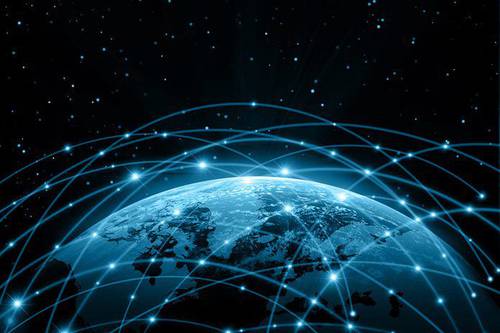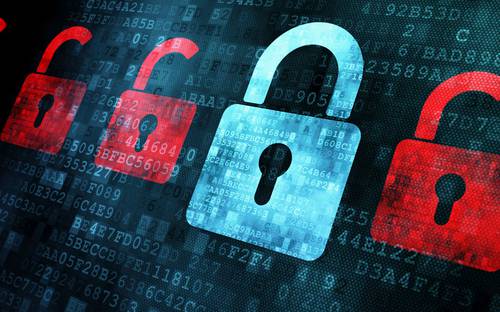With the likes of 5G - The 5th generation of wireless network technology finally arriving, the internet has once again begun evolving, with its surprising speed and reduced latency. However, in 2021, the 5G technology is like a modern-day folding phone, with only a glimpse of its future that can be viewed and visualized. A 5G connection could theoretically hit 10 gigabits per second (Gbps) — potentially 100 times more agile than the data networks in use today. It would just take a little over 3.5 seconds to download a 2-hour video.
So, is it worth purchasing these famous '5G-ready' mobiles? Well, that's something totally subjective to one's needs and expectations. It is reckoned that by 2025, the 5G network will lag behind the conventional networks (4G and 3G) with reference to global mobile connections. The 5G technology's mainstream existence confronts multiple blockades. According to the World Meteorological Organization (WMO), 5G could interfere with meteorological satellite observations, thereby undermining weather forecasts' exactitude. However, the most significant hurdle is the setup cost. The current networks are relatively economical to set up as they roll on existing radio frequencies. But to get gigabit speeds, carriers like Verizon and AT&T will have to use higher frequencies, known as millimetre-waves. This millimetre-wave obliges brand-new infrastructure as they drop off faster with distance, when compared to lower-frequency signals. The massive amount of data transferred will entail more connections than the traditional landline internet. Hence, cellular providers will have to use a vast number of smaller, lower-power base stations rather than fewer, more powerful macrocells to offer the multi-gigabit speeds that 5G promises.
Nevertheless, the future of this modern technology is indubitably promising. The subsequent generations of driverless vehicles interacting with each other and smart roads to improve safety and regulate traffic using 5G are plausible. While automobiles exchange small packets of information, they need to do so spontaneously because delays in response time can result in a catastrophe. Now that's where 5G's millisecond latency comes into play when an undeviating data packet is either shot between two automobiles or bounces from a car to a small cell on a lamp-post. So, what about our smartphones? The most notable change 5G may bring is with respect to virtual and augmented reality. As phones mutate into devices meant to be used with VR headsets, the consistent speeds of 5G will give users an internet-augmented world. This might not happen overnight, but rest assured, 5G is coming.





